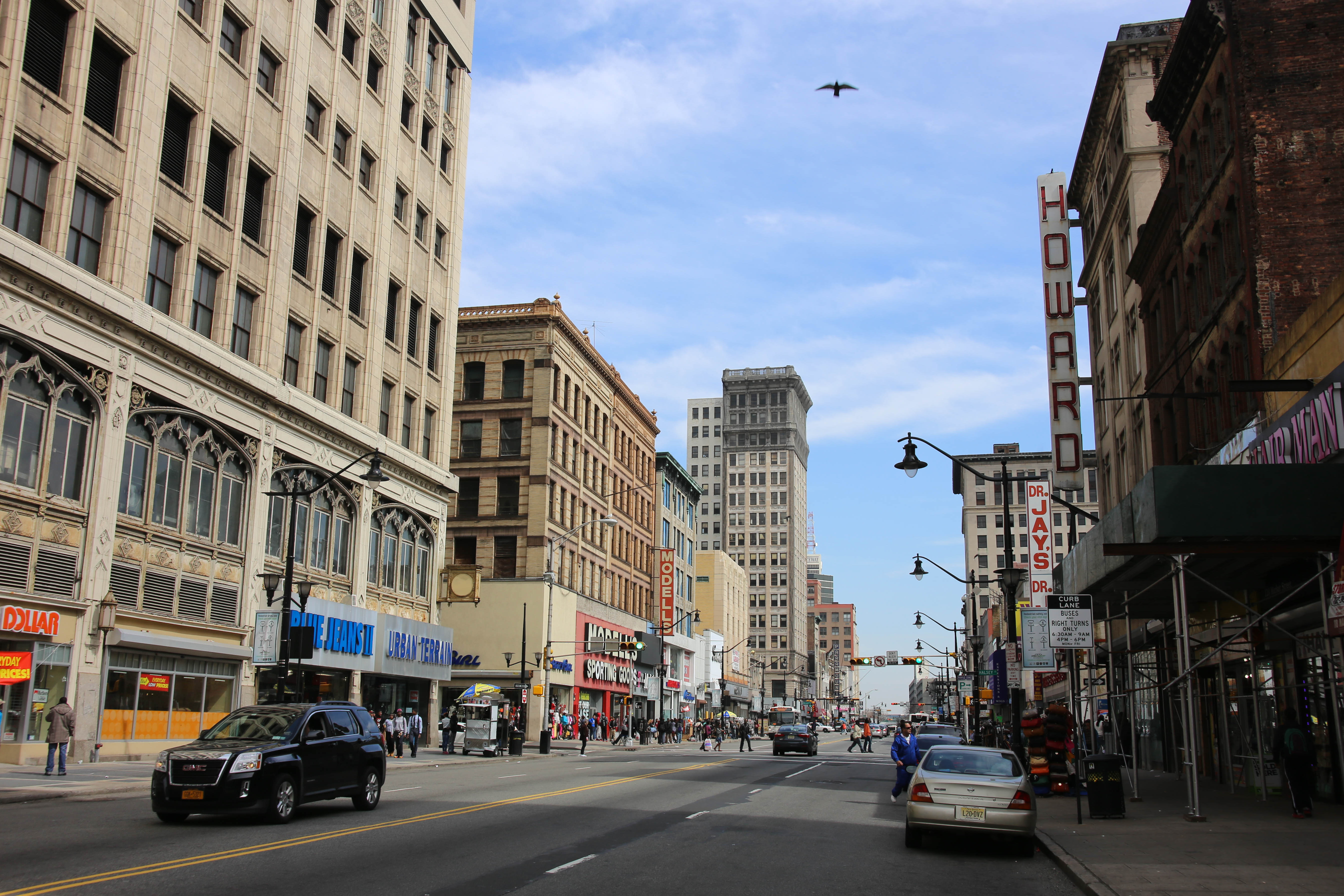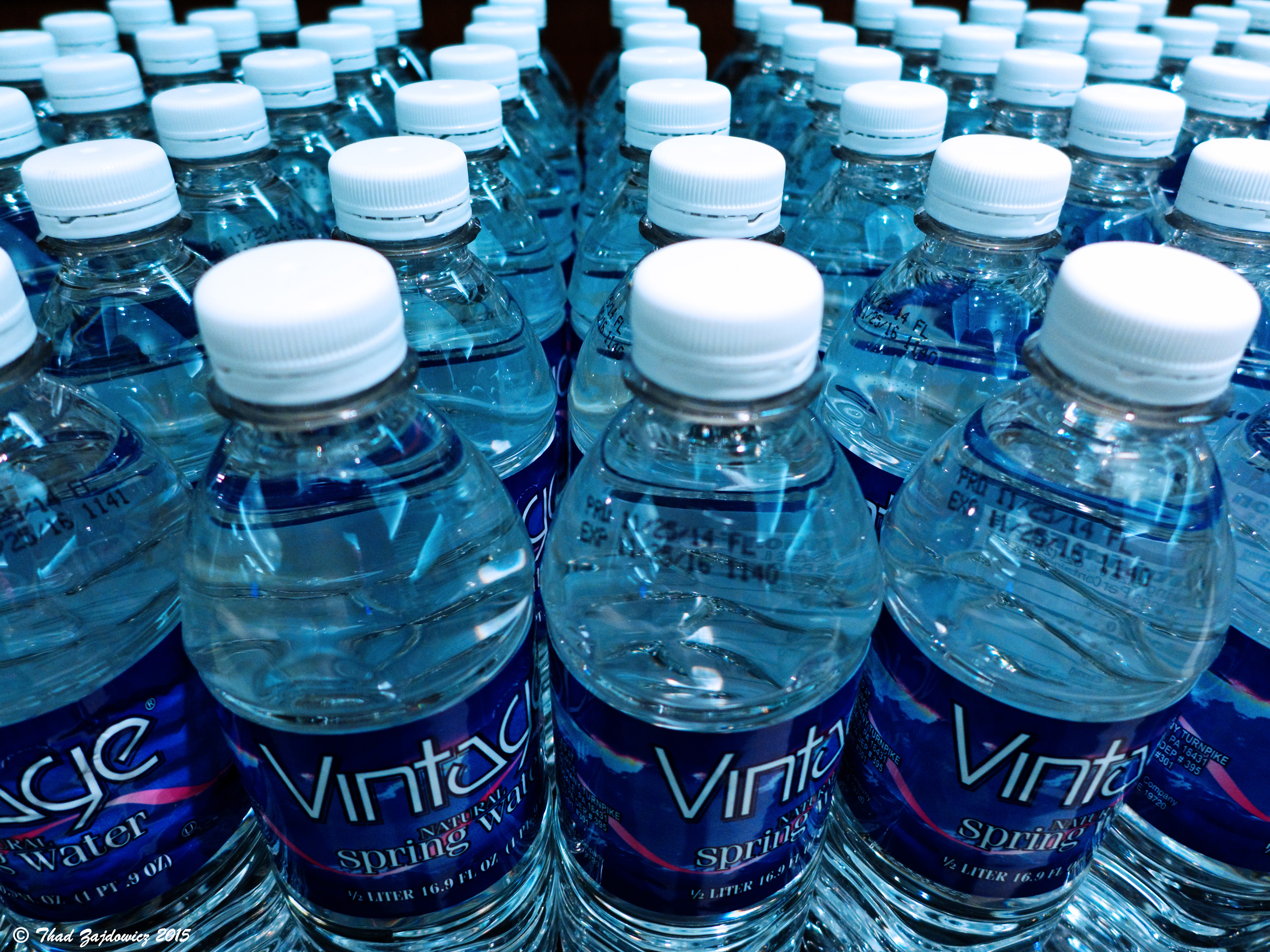Good Climate News this Week: Rules to Cut Pollution, an Offshore Wind Transmission Plan, Emissions Reduction in the EU, and More!
Apr 15, 2024
Growing up in New Jersey, the current lead-contaminated water crisis in Newark hits very close to home. Newark is where my parents have worked for many years and where a lot of my college friends hail from. It is a historical city filled with rich culture and diverse people. Seeing people I care about being directly affected by lead-contaminated water has motivated me to use my voice to speak up. I have access to a platform where I can share the grave issues plaguing my community — not everyone is afforded this luxury.
afforded this luxury.
The environmental problems in cities with large populations of black or brown people are too often overlooked and ignored. Currently in New Jersey there are over 100 water systems that have possible lead contamination. The municipalities affected the most are ones made up of people of color. Systemic racism has left a legacy of stark power imbalances that continue today — communities of color often receive fewer resources and attention, leaving basic rights like access to clean water and sound infrastructure unmet.
There are lead pipes in Newark that date back as far as the 1880’s without having been replaced or updated. Due to their age and use, these pipes are eroding and failing, which is evident in the huge spike in levels in water about 18 months ago. The Natural Resources Defense Council (NRDC) sued the city of Newark back in June for not putting more effort towards combating the problem.
The city of Newark is looked down upon because of the people that live there. It is home to a majority of immigrants, Latinx, and Black people. This skews people’s minds into thinking that it may not be a desirable city to live in. Bryanna Thaxton, who lives in a nearby neighborhood of Newark, believes the water crisis is an issue of racial injustice, “Yes I would consider it as such. More specifically as an equity issue that is directly creating racial injustice. Why would it be that the individuals primarily affected tend to be of minority demographics and of lower economic classes, whereas as residents moving from Jersey City, New York etc are not affected at all? It would not be accurate to say this is an attack towards individuals within these conditions, as I can’t confirm that, but this is a true case of negligence regarding the welfare of the people. This situation shows parallels to how Alabama’s Lowndes County treated their sewer system crisis — richer, typically white households were unaffected and or alleviated before poorer, typically African-American households were.” I believe it is important for people to realize that restoring Newark’s pipes is only the beginning of fixing the city’s problem. We must relinquish our views on stereotypes to begin the healing process.
Residents are concerned for their family’s health as children and infants are at the greatest risk for lead exposure. A friend of mine in Newark is currently dealing with this crisis. All of the food her family has consumed over the past few months has been takeout from different towns or dishes that required no water. It is possible to cook using water from the cold tap but people are so traumatized that they would rather not cook at all. While they are able to shower, it is a burden to do so. Residents can reduce risk by only showering in cold water, but this is something no one should have to do. The inability to perform just these basic tasks will have long lasting effects on residents both physically and mentally.
There have been attempts at temporary solutions, including the distribution of water filters. However, the initial filters given to residents were not equipped to handle the high amounts of lead found in the water. Residents were also even given bottled water past its “best by” date. Again, in communities of color and low-income communities, this type of oversight occurs all too frequently — it’s become a pattern of neglect that we cannot let continue.
 This also proved true during the 2019 VMA’s, which were held at the Prudential Center in Newark, NJ. Thousands of residents gathered in peaceful protest of their contaminated water and the city’s poor choice of hosting such an event during a critical time. It did not help that, once again, the residents of the community were passed over in terms of attending the event, elevating their cause, and reaping the event’s rewards. Providing sub-par services to people because of the color of their skin is what injustice looks like. Clean water is NOT a privilege, it is a right. And this should be true regardless of socio-economic status or skin color.
This also proved true during the 2019 VMA’s, which were held at the Prudential Center in Newark, NJ. Thousands of residents gathered in peaceful protest of their contaminated water and the city’s poor choice of hosting such an event during a critical time. It did not help that, once again, the residents of the community were passed over in terms of attending the event, elevating their cause, and reaping the event’s rewards. Providing sub-par services to people because of the color of their skin is what injustice looks like. Clean water is NOT a privilege, it is a right. And this should be true regardless of socio-economic status or skin color.
Despite the injustice of this situation, there is reason for hope. The mayor of Newark, Ras Baraka, and the governor of New Jersey, Phil Murphy, have announced a $120 million plan to replace the lead pipes over a period of 24-30 months, at zero cost to residents. The original plan was outlined to take up to 10 years but both the mayor and governor have decided this problem needs immediate action. The wildcard lies with President Trump, who will need to approve the funds allocated to this project.
As candidates in the Democratic presidential primary propose their plans for protecting the environment, we must ensure that protecting clean water for all communities is a part of the conversation. This risking of our health needs to end — no more Flints, no more Newarks, no more families of color having to worry about the water coming from their tap. These stories and issues, the ones that ordinary people experience every day, are the ones we need to continue to lift up in the fight to demand change. Don’t be afraid to speak your mind, contact your local representative and last but certainly not least, VOTE. Together we can make a difference and put an end to racial injustice.